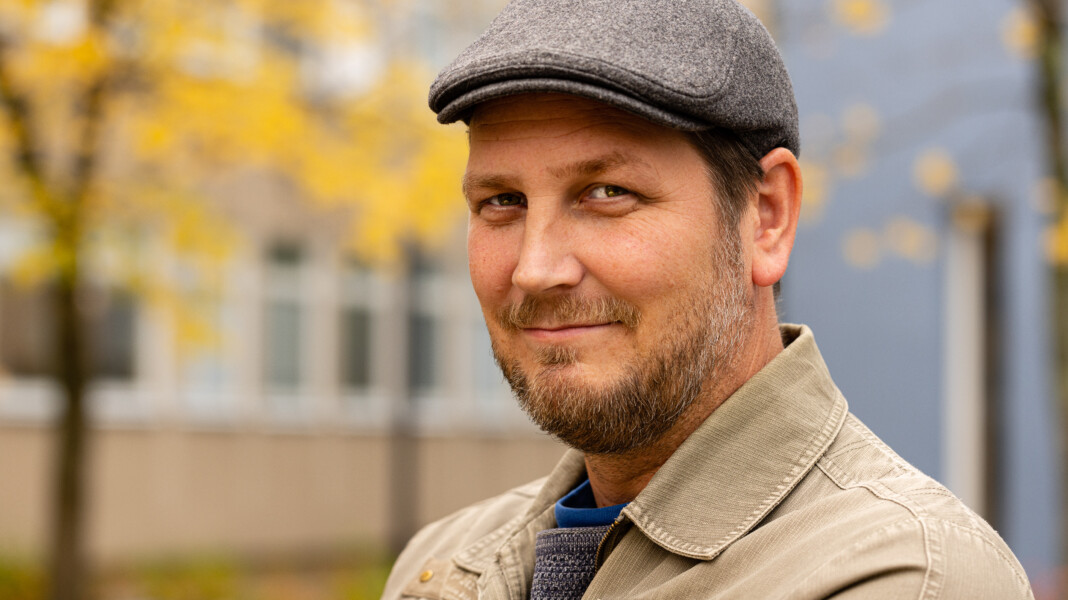
Av Forskerforum
Publisert 1. juni 2023 kl. 10:36
Tord Talmo is an associate professor at NTNU and is also on the Norwegian Association of Researchers’ executive board. As an academic he loves his job and often works evenings and weekends, but as a union representative he is opposed to working long hours.
What is the issue?
‘The working hours campaign is about the importance of being able to do our jobs properly. Because of administrative cuts I have too much to fit in during the workday. Often in my kind of post, we do admin, lectures and meetings during working hours and research in the evenings or on weekends. No one’s paid overtime. But it’s not about the salary.’
Is it a problem if people who love doing research do it outside normal working hours?
‘The problem is that 76 percent of respondents in a survey say they spend too much of their leisure time working. Not all of my colleagues are able to do this and therefore lose out professionally and financially. We can’t do our jobs properly, but don’t want to give up any of what we do.’
Temporary positions and insecure conditions of employment are the norm for many researchers in the higher education sector. A report commissioned by the Ministry of Education and Research recommends clear guidelines for what is acceptable with regard to temporary appointments. Project manager Jens Plahte says that the same rules should apply throughout the workplace, while certain posts in academia (like PhD positions) are meant to be temporary.
But there is also a grey area of undesirable temporary employment. This includes so-called permanent temp posts, externally funded permanent positions that involve a risk for the researcher, not the employer. Another problem is using postdocs on a temporary basis in positions that don’t qualify them for permanent jobs.
‘The ministry must clearly establish what they consider to be desirable and undesirable temporary employment and explain how they wish this to be reported,’ says Plahte.
This will feature in the new Act relating to universities.
International Journal of Environmental Research and Public Health (IJERPH) used to be respected. But then the acceptance rate rose and the number of published articles and special issues soared. Professor Jon Øyvind Odland at the Arctic University of Norway feels he has been duped. He recently resigned as editor for global health after realising that he had only approved nine of the 369 open special issues published in his name. He still recommends sending in manuscripts to the journal, but not for special numbers. IJERPH is no longer indexed in Web of Science due to its decline in quality.
The protest movement Scientist Rebellion has spent the last few Sunday mornings blindfolding statues in towns around the world, including Trondheim and Oslo (pictured). Their message is that the authorities are closing their eyes to the serious conclusions of the latest IPPC report on climate change. According to member Salomé Bourg at NTNU, this kind of undisruptive action is effective in that little effort is required, no damage is done, it attracts positive attention, recruits new members and shows international solidarity. The goal is to focus attention on the report and force the authorities to act.